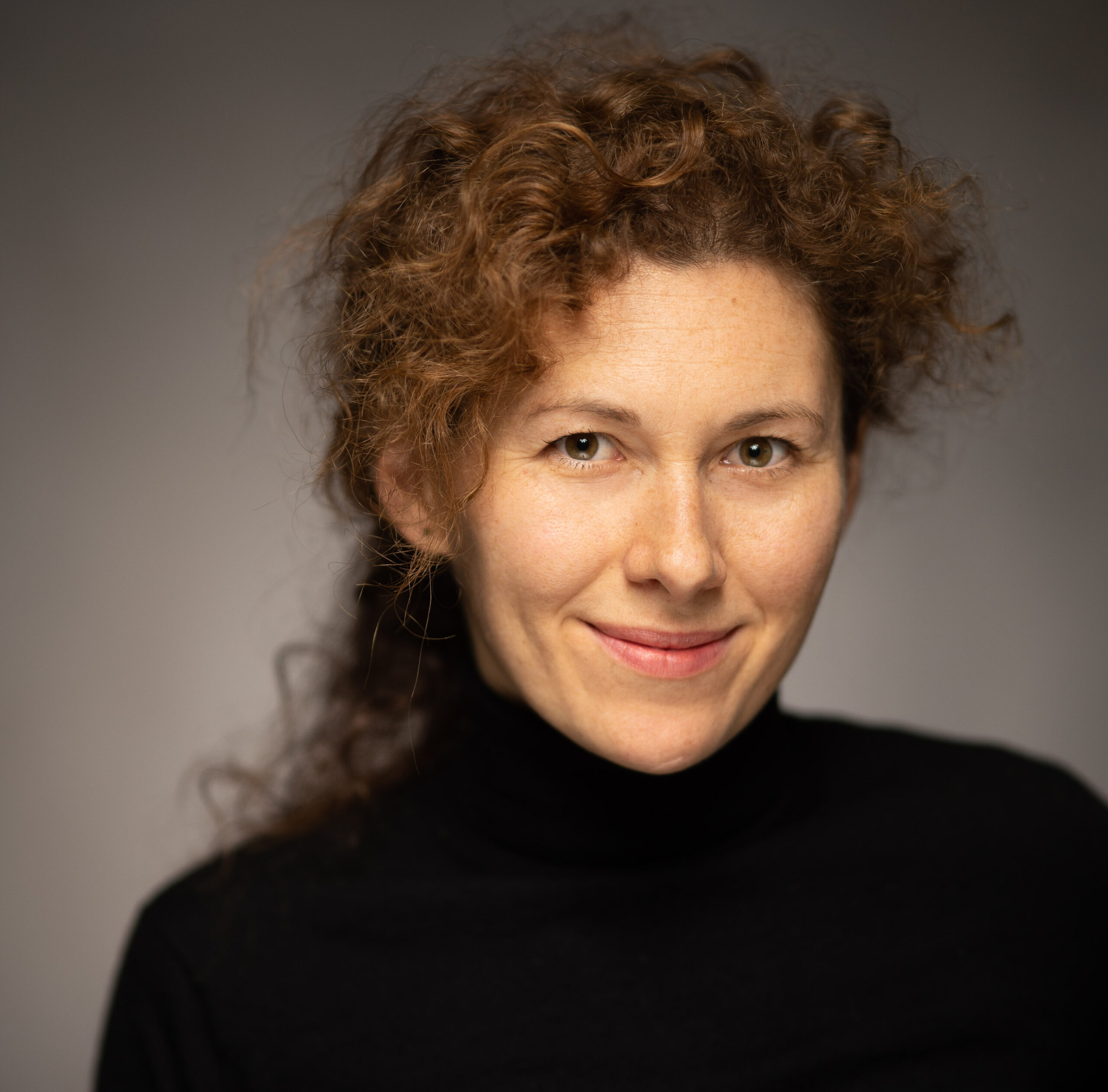
Birgit Nemec, Historikerin und Kulturwissenschaftlerin, hat nach einer Ausbildung im Kulturmanagement im Kultur- und Museumsbereich gearbeitet, Geschichte und Kulturwissenschaften studiert und seither im Bereich der Zeit- und Kulturgeschichte und der Schnittstelle von Medizin und bildenden Künsten gearbeitet. Sie war fellow im Doktoratskolleg ‚The sciences in historical, cultural and philosophical contexts‘ (Wien), Lehrbeauftragte an der Medizinischen Universität Wien, Predoc am Max-Planck Institut für Wissenschaftsgeschichte Berlin und Visiting Fellow am Department for History and Philosophy of Science, Cambridge. Aktuell ist sie wissenschaftliche Mitarbeiterin am Institut für Geschichte und Ethik der Medizin in Heidelberg, Mitglied der Arbeitsgruppe Medizingeschichte der ÖAW sowie im kulturwissenschaftlichen Forschungsnetzwerk BTWH. Publikationen zu visuellen und materiellen Kulturen der Wissenschaften im 20. Jahrhundert, Stadtgeschichte und Gedächtnispolitik.
Fellow-Projekt 2016: Risiko, Prävention, Reproduktion, 1949–1989
In this collaborative research project Birgit Nemec and her colleagues examine the relationship among human genetic counselling, early detection, and the concepts of risk and prevention in the Federal Republic of Germany. For the period 1949 to 1989, concepts and practices in human genetic early diagnosis are examined, with a focus on the negotiation processes between science and larger societal fields. They are specifically interested in the early decades of this development, when a comprehensive establishment of human genetic counselling centres in medical clinics, at university departments, and in private practices took place. What was the relation between counselling, research politics, and society? How was a professionalization in the field of human genetic counselling shaped by specific sponsorings, for instance through grants from welfare institutions and from industry? How did the rapid development of a dispositif of counselling an early detection intertwine with sociopoliticial developments such as that in 1976 practical consequences of cytogenetic diagnostics could be expected from the amendment to abortion law while human geneticists continued to propagate the economic benefits of eugenic abortions? How did nuclear research, the Contergan catastrophe and the rise of genetics to a leading science change anxieties and wishes adressed at the health of the unborn? Important steps in these developments have already been researched in terms of their basic structures from the perspective of the history of medicine, with a special focus on actors and institutions. However, we still know very little about the role of actors on the margins of the narrower medical field, about media coverage, processes of political decision-making, and larger cultural context of the epistemological shift that accompanied the making of the modern “risk children”.
Fellow-Projekt 2015: Visuelle Kulturen der Anatomie in Wien, 1918–1938
In ihrem Dissertationsprojekt untersucht Birgit Nemec anatomische Sichtbarmachung als kulturelle Praxis. Anatomen, Künstler, Handwerker und Reformer produzierten im frühen 20. Jahrhundert Bilder des menschlichen Körpers, die in akademischen Sphären von medizinischen und künstlerischen Hochschulen sowie an öffentlichen Orten der Verhandlung von Norm konkurrierten, denkt man etwa an Ausstellungen zur öffentlichen Gesundheitserziehung, den Bereich der bildenden Kunst oder die Volksbildung. Anhand der bislang wenig beachteten anatomischen Medien in Wien fragt ihre mikrohistorisch-objektgeschichtliche Studie nach dem Zusammenspiel von Umgebungskulturen und Transformationen von Wissen, politischen, sozialen und symbolischen Ordnungen. Anatomisches Visualisieren ist in Wien, so ihre These, ein Entwerfen sozialer Landschaften (Latour 2007) und ein Produzieren höchst politischer Bilder (Rancière 2006), bezeichnend für unterschiedliche Vorstellungen von Moderne in einer Metropole am Übergang.
Kontakt:
Prof. Dr.in Birgit Nemec
Institut für Geschichte der Medizin und Ethik in der Medizin
Charité – Universitätsmedizin Berlin
Thielallee 71
14195 Berlin
Deutschland